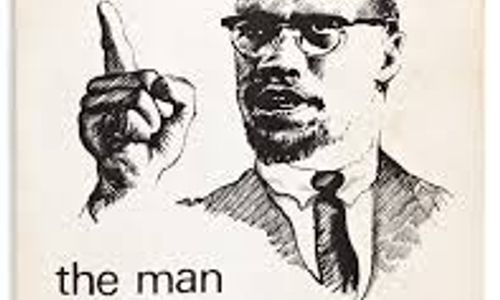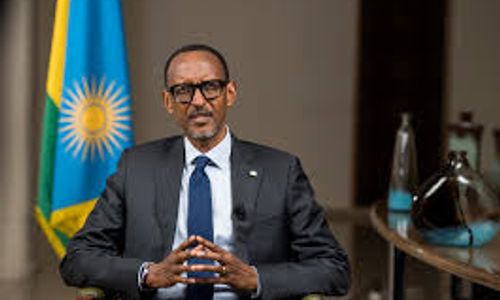Feminism, the belief in social, economic, and political equality of the sexes. Although largely originating in the West, feminism is manifested worldwide and is represented by various institutions committed to activity on behalf of women’s rights and interests.
Quite simply, feminism is about all genders having equal rights and opportunities. It’s about respecting diverse women’s experiences, identities, knowledge and strengths, and striving to empower all women to realize their full rights. It’s about levelling the playing field between genders, and ensuring that diverse women and girls have the same opportunities in life available to boys and men.
The first National Women's Day was celebrated on February 28, 1909.
Throughout most of Western history, women were confined to the domestic sphere, while public life was reserved for men. In medieval Europe, women were denied the right to own property, to study, or to participate in public life. At the end of the 19th century in France, they were still compelled to cover their heads in public, and, in parts of Germany, a husband still had the right to sell his wife. Even as late as the early 20th century, women could neither vote nor hold elective office in Europe and in most of the United States (where several territories and states granted women’s suffrage long before the federal government did so). Women were prevented from conducting business without a male representative, be it father, brother, husband, legal agent, or even son. Married women could not exercise control over their own children without the permission of their husbands. Moreover, women had little or no access to education and were barred from most professions. In some parts of the world, such restrictions on women continue today.
Why Is Feminism Important?
There are so many examples you can point to when it comes to demonstrating that women and girls are not yet equal to men and boys in our societies, and the detrimental effect this is having not just on women and girls, but on all of us.
Today, 129 million girls do not have access to education, for example, and of the 690 million people who are food insecure globally right now, 60% are women and girls.
Women-owned businesses receive less than 1% of global procurement spending. Women also have worse health outcomes than men, particularly when it comes to areas that are more unique to women, such as maternal and menstrual health. Pregnancy and childbirth cause over 800 entirely preventable deaths per day, for example.
All of these issues are solvable with the right level of attention, amplifcation, and investment — and that's what feminism works to achieve. Closing the gender gap in employment and entrepreneurship leads to increased productivity, innovation, and economic growth. And when more women are represented in the labor market, economies thrive.
Providing girls with access to education has a transformative effect, improving health and well-being outcomes, promoting agency over one's life, and in some cases preventing child marriage and other gender-based violence.
What Is Intersectional Feminism?
Intersectional feminism is about acknowledging the interplay between gender and other forms of discrimination.
When women experience sexism, they may also experience racism, ableism, ageism, classism, homophobia, transphobia, and religious persecution, for example.
These intersecting identities overlap with one another, creating multiple levels of inequality.
Inclusivity is a core part of feminism, particularly what's referred to as the "fourth wave of feminism", which began around the early 2010s.
What Has Feminism Achieved So Far?
Generations of hard work have resulted in significant progress being made in addressing gender inequality, with improvements for women's human rights across education, health care, employment opportunities, political decision-making, and more. Feminism and its achievements can largely be broken down into waves.
The first wave of feminism came around the late 19th century — although not the first time feminist ideals were expressed, this was a time that feminism became a more consolidated movement particularly in the western world.
With the second wave of the 1960s and 70s, the women's movement continued its work, focusing largely on issues of equality and discrimination. This included campaigning for rights like equal pay, legal equality, and reproductive freedom, while traditional gender and family roles were questioned. A big win for reproductive rights in the US came with Roe v. Wade in 1973 — although, as we've seen with the reversal of Roe v. Wade in 2022, even hard won rights can remain fragile.
The third wave of feminism, going into the 90s, saw women with greater rights and power — with an overarching rejection of any rules about what women should be. While many inequalities continued to exist across all areas of society, women had a greater opportunity to embrace all aspects of their identities, with greater individuality and freedom. Third wave feminism also brought with it a greater awareness of intersectionality, with Kimberlé Crenshaw coining the phrase "intersectionality" in 1989.
References: https://www.globalcitizen.org/
.jpg)







